Unlocking Peak Performance: The Ultimate Guide to Hydration for Young Athletes and Collegiate Athletes
Unlocking peak physical performance begins with a practical, evidence-based approach to hydration. For coaches and athletes, hydration and Hydration strategies are foundational to aerobic endurance exercise and strength and conditioning plans; neglected fluid intake undermines athletic performance rapidly. Young athletes and collegiate athletes must understand how fluid loss from sweat, salt and electrolytes affects muscle function, metabolic processes, core body temperature and circulation. Tracking fluid intake around workouts, monitoring dehydration symptoms and using targeted sports drinks during prolonged sessions preserves electrolyte balance and helps prevent heat-related illnesses like heat stroke. Integrating recovery practices after exertion supports nutrient transport, protein production and joint lubrication, all essential for musculoskeletal health and injury prevention. Team programs that include routine surveys of fluid loss, sweat rates and performance change can quantify risk and guide interventions. For team-level resources on implementation and planning visit VDG Sports comprehensive hydration resources which offers practical templates, product comparisons and planning tools to support athlete hydration management.
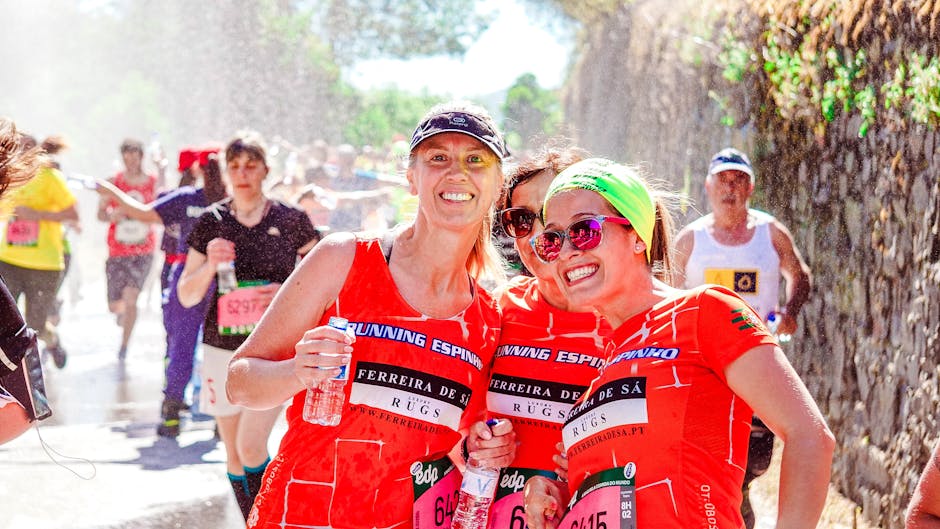
Collegiate team sideline scene showing athletes rehydrating with bottles and sports drink coolers
Decoding the Critical Role of Hydration in Athletic Performance
Decoding why hydration matters requires dissecting physiology and real-world outcomes for athletes. Hydration affects oxygen delivery, circulation, blood pressure, nerve signals and muscle fatigue; even a small percent of body mass lost as dehydration results in decreased performance during high-intensity and endurance events. Sports medicine and strength programs reference case studies where improved Hydration protocols reduced injury risk and improved recovery metrics. Practical steps include pre-practice fluid checks, individualized fluid replacement plans based on sweat testing, and integrating electrolytes carbohydrates when sessions exceed 60 minutes to sustain blood glucose and maintain electrolyte balance. Tracking core body temperature during heat stress and using sports drinks in place of plain water under heavy sweat and salty sweat conditions preserves mineral balance. For applied athlete training resources and athlete-focused educational media see The Show VDG athlete training hub which provides webinars, sample protocols and survey tools that teams can adapt.
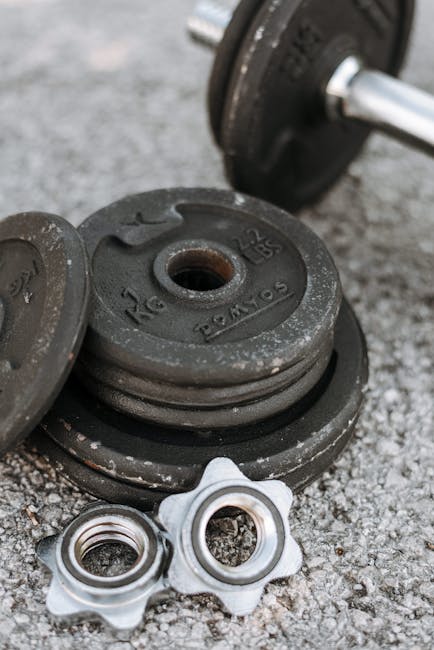
Infographic illustrating physiological effects of dehydration on muscle and temperature regulation during exercise
Essential Hydration Strategies for Sustained Peak Performance in Athletes
Essential hydration strategies combine daily habits with event-specific plans to maximize athlete performance. Hydration begins before workouts: a fluid plan that considers recent fluid loss, workout intensity, environmental temperature and competition cycle helps determine recommended volumes and electrolyte supplementation. Athletes who follow scheduled drinking, replace sodium and other minerals lost in salty sweat, and use Sports Drinks strategically during long sessions experience fewer heat-related illnesses and reduced muscle fatigue. Practical tactics include weighing athletes pre- and post-session to estimate fluid loss, providing accessible fluids during practice, and coordinating nutrition with food recovery to support nutrient absorption and protein production. For teams focusing on sport-specific needs like track and field throwers or collegiate endurance squads, tailored hydration protocols developed with sports medicine input and surveys of sweat rates yield measurable improvements in physical performance and injury prevention.

Coach performing sweat test on an athlete with scale and fluid measurement tools by sideline
Understanding the Foundation: A Background on Athlete Hydration and Health
Understanding the foundation of athlete hydration and health requires synthesizing physiology, nutritional information and clinical guidance. Hydration maintains circulation, aids in nutrient transport, supports joint lubrication and underpins muscle function; clinicians from institutions like Mayo Clinic and Johns Hopkins University emphasize fluid electrolyte balance to reduce heat stress and low blood sodium risks. Athletes with inadequate Hydration experience decreased performance, higher injury risk and longer recovery time after strenuous workouts. Education for athletes should include recognizing dehydration symptoms, implementing gradual fluid replacement plans, and using sports hydration monitoring during high Workshop intensity or heat exposure. Team medical staff and strength and conditioning professionals should document fluid loss, advise on sports drinks versus plain water, and collaborate with dietitians to tailor carbohydrate and electrolytes carbohydrates for sessions exceeding one hour.

Clinical chart showing fluid balance metrics and dehydration symptom checklist for athletes
Dominating the Field: Advanced Hydration Techniques for Collegiate Athletes and Injury Risk Reduction
Dominating competitive play depends on advanced hydration techniques that minimize injury risk and optimize athlete performance. Collegiate athletes require sophisticated protocols that account for practice load, travel, competition schedules and recovery windows; targeted fluid intake plans reduce heat illness incidence and preserve musculoskeletal health. Integrating electrolytes into rehydration strategies, monitoring sweat composition for salty sweat and adjusting salt replacement prevents low blood sodium during extended activity. Sports medicine collaboration improves outcomes: a sports medicine surgeon or team physician can help identify hydration-related contributors to injury and customize recommendations based on Medical Specialty needs. Teams that implement individualized plans, periodic surveys of sweat rates, and sports drinks timing show improved circulation, oxygen delivery and reduced muscle fatigue in repeated testing. For travel-specific preparation and recovery resources consult XTrax Travel team performance insights which includes itineraries, hydration kits and logistical checklists to reduce heat stress and fluid nutrient loss during road trips.

Collegiate athletes in travel uniforms using hydration packs and electrolyte tablets on bus during tournament travel
First Major Topic: The Science of Fluid Intake and Preventing Dehydration Nutrient Loss
The science of fluid intake centers on balancing fluid loss and replacement to prevent dehydration and fluid nutrient loss that compromises athletic performance. Accurate assessment of sweat rate, exercise intensity, workout intensity and environmental temperature guides recommended volumes; monitoring body mass changes before and after sessions quantifies fluid loss. Dehydration reduces blood volume, elevates core body temperature, impairs nutrient transport and slows metabolic processes, which in turn decreases strength and endurance. Electrolytes are critical: sodium and minerals preserve plasma volume and nerve conduction, while carbohydrates in sports drinks support aerobic and anaerobic efforts during prolonged exercise. Practical implementation involves scheduled fluid consumption, targeted use of Sports Drinks during extended bouts, and post-exercise recovery meals that restore fluid and electrolyte balance for optimal recovery. Integrating these practices into strength and conditioning routines reduces injury risk, supports muscle function and accelerates recovery time for athletes across levels.
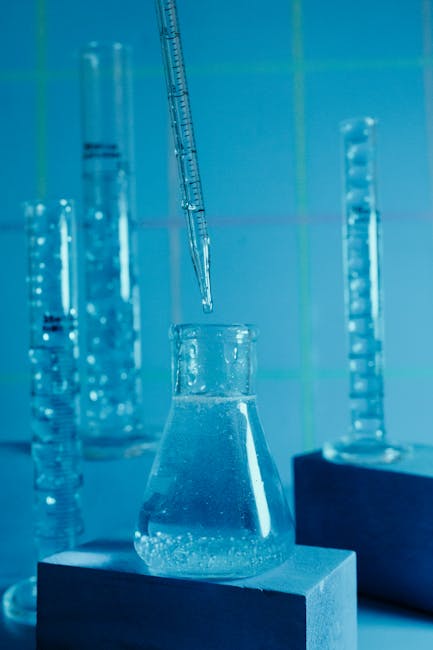
Laboratory graph showing sweat rate measurement results and fluid replacement recommendations for athletes
Understanding Optimal Fluid Intake for Athlete Hydration
Understanding optimal fluid intake requires individualized metrics informed by sweat testing, body composition and training demands. Athletes should aim for pre-exercise euhydration by consuming specific fluid volumes in the hours leading up to activity, and then replace ongoing losses with measured beverages. Hydration and Hydration status can be tracked using urine color charts, body weight trends and scheduled drinking during exercise to prevent progressive dehydration. For high sweat-rate individuals, adding electrolytes and modest carbohydrate levels in Sports Drinks can sustain blood glucose and prevent hyponatremia while maintaining performance. Coaches and sports medicine staff should create evidence-based calendars that integrate fluid intake with recovery nutrition and monitor outcomes through periodic surveys and performance metrics to ensure protocols reduce injury risk and Heat Illness incidence.
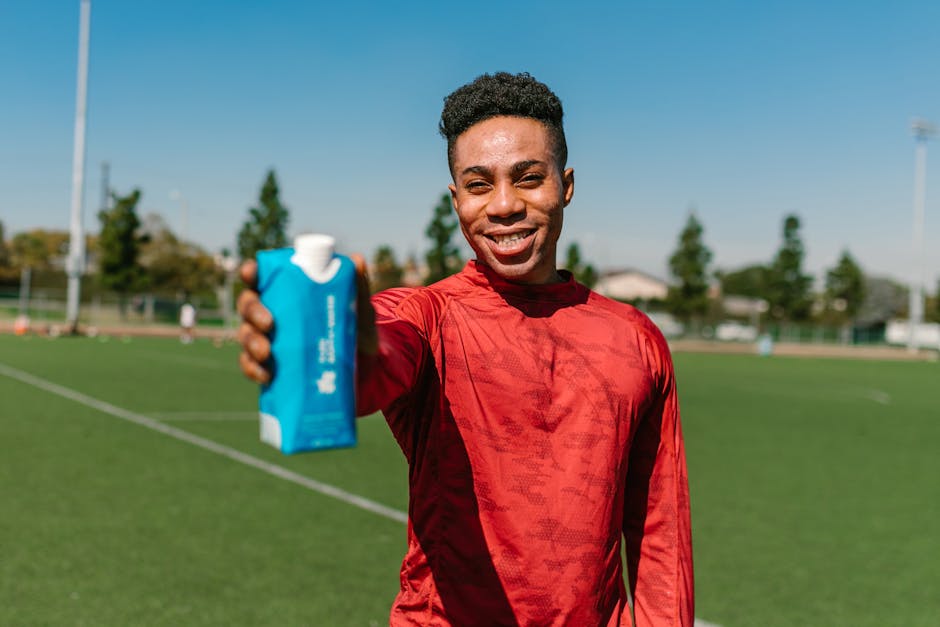
Coach recording athlete pre- and post-practice weights next to electrolyte beverage cooler
Key Concepts: The Role of Electrolytes in Exercise Hydration
Electrolytes are cornerstone minerals that maintain fluid electrolyte balance and support nerve signals, muscle contraction and circulation during physical activity. Replacing electrolytes lost in sweat—particularly sodium, chloride and potassium—preserves blood pressure and prevents cramps associated with dehydration and decreased performance. Salt replacement strategies vary: athletes with salty sweat require higher sodium intake during and after exercise to avoid low blood sodium and muscle dysfunction. Sports Drinks with measured electrolytes and carbohydrates can be more effective than plain water for sessions longer than one hour because they combine water replacement with nutrient delivery. Clinical guidance from sports medicine and nutrition professionals helps tailor electrolyte dosing to athlete sweat profiles, environmental heat exposure and individual medical history. Implementing electrolyte monitoring and targeted replacements supports recovery, reduces injury risk and sustains athletic performance across prolonged competition cycles.

Close-up of electrolyte test strips and sports drink composition chart on clipboard
Important Factors: Minimizing Dehydration Nutrient Loss
Minimizing dehydration nutrient loss involves combining immediate fluid replacement with dietary strategies that restore minerals and macronutrients. Post-exercise recovery should include fluids plus balanced meals containing carbohydrates and protein to support nutrient absorption and protein production for muscle repair. Fluid nutrient loss is mitigated by proactive Hydration plans: scheduled drinking, electrolyte-containing beverages for salty sweat, and monitoring for dehydration symptoms such as dizziness or decreased performance. For high-intensity training blocks, incorporating periodic surveys of athlete wellness and hydration status identifies trends allowing for adjustments to fluid and electrolyte prescriptions. Coaches should also consider environmental factors and travel schedules when planning interventions; small changes in protocol can reduce injury risk and shorten recovery time after demanding sessions.

Plate and drink showing balanced recovery meal with electrolyte beverage beside a stopwatch
First Major Topic: The Science of Fluid Intake and Preventing Dehydration Nutrient Loss
A deep dive into dehydration reveals measurable declines in physical performance across aerobic and anaerobic domains. Dehydration reduces plasma volume, increases cardiovascular strain, elevates core body temperature and accelerates muscle fatigue, which diminishes sprint capacity, endurance and power outputs critical for athlete performance. Research and case studies demonstrate that even 2% body mass loss due to dehydration impairs performance and increases injury risk during prolonged or intense competition. Sports medicine teams combine hydration assessment with metabolic testing to quantify how dehydration affects nutrient transport and oxygen delivery in specific athletes, tailoring interventions. Implementing prevention protocols—pre-hydration, scheduled drinking, electrolyte replenishment and post-session recovery—protects athletes from heat-related illnesses and keeps training adaptations on track. Regular monitoring, education on dehydration symptoms and integrating hydration into periodized training plans are actionable steps to safeguard athlete health and performance.
Chart comparing performance decline percentages at varying dehydration levels across different exercise modalities
Understanding Optimal Fluid Intake for Athlete Hydration
Dehydration elevates injury risk through multiple pathways including altered neuromuscular control, decreased joint lubrication and increased muscle fatigue, which together raise chances of strains, sprains and overuse injuries. Reduced synovial fluid viscosity compromises joint function, while impaired nerve signals and delayed muscle contraction timing increase biomechanical errors during high-speed movements. Athletes experiencing dehydration also show elevated core body temperature and altered circulation, which can impair decision-making under stress and worsen heat-related conditions. Prevention strategies center on maintaining fluid electrolyte balance through individualized replacement strategies, monitoring for dehydration symptoms and integrating hydration into rehabilitation protocols. Sports medicine practitioners emphasize that addressing hydration is a cost-effective way to reduce injury rates and expedite return to play.
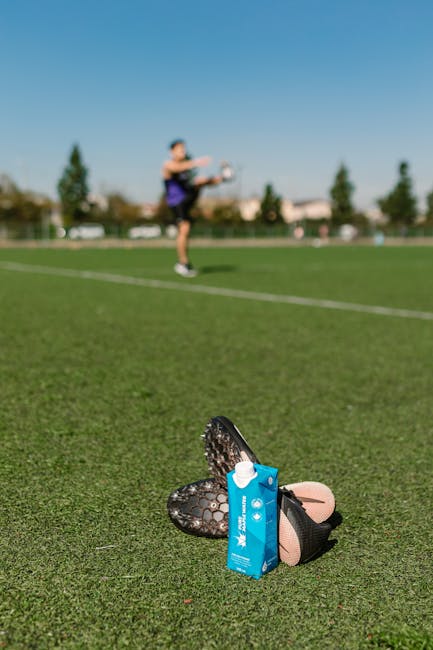
Sports medicine clinician assessing athlete joint movement and hydration status during on-field evaluation
Best Practices: Preventing Dehydration and Maintaining Energy for Athletes
Best practices for preventing dehydration and maintaining energy combine planning, monitoring and education. Athletes should consume fluids regularly throughout the day, include electrolytes during long sessions, and use sports drinks strategically to replace lost sodium and carbohydrates for sustained energy. Meal timing and recovery foods support nutrient transport and protein production after exertion, improving muscle repair and reducing injury risk. Coaches should incorporate hydration checks, weigh-ins and surveys to track fluid loss patterns and adjust hydration prescriptions. Implementing bite-sized education for athletes about dehydration symptoms, heat stress risks and the role of hydration in performance promotes adherence. In practice, a layered approach that integrates sports medicine, nutritionists and strength staff yields consistent results: lower heat illness incidence, improved athletic performance metrics and faster recovery time following intense competition.

Team huddle with coach distributing hydration plan cards and electrolyte drinks to athletes
Second Major Topic: Strategic Exercise Hydration and Choosing the Right Sports Drink
Strategic exercise hydration hinges on choosing appropriate fluids for session duration and intensity; not every athlete needs Sports Drinks for every workout. For short, low-intensity sessions, water may suffice, while prolonged aerobic or intermittent high-intensity exercise benefits from sports drinks that supply electrolytes and carbohydrates to sustain performance. Selecting the right product requires reading labels for electrolyte content and sugar concentration and aligning choices with sweat composition—salty sweat may necessitate higher sodium content. Sports medicine recommendations and strength staff should coordinate on timing: pre-exercise hydration to ensure euhydration, intra-exercise fluids to replace losses and post-exercise replacements to restore stores. Teams that trial specific sports drinks during preseason training can use performance metrics to determine optimal formulations for competition.
Array of labeled sports drinks and nutrient breakdown charts on training table
Key Concepts: The Role of Electrolytes in Exercise Hydration
Implementing a step-by-step hydration plan for aerobic endurance exercise involves assessment, planning, execution and review cycles. Begin with baseline assessments: sweat tests, typical workout intensity, environmental conditions and athlete history of heat illness or low blood sodium. Next, set individualized pre-, during- and post-exercise fluid volumes and electrolyte targets, incorporating sports drinks when sessions exceed 60 minutes. Execution includes educating athletes on recognizing dehydration symptoms, scheduling drinking breaks and providing accessible fluids during practice. Post-session review uses weight change, subjective surveys and performance metrics to iterate the plan. Integrating nutrition to aid recovery—balanced carbohydrates and protein—supports nutrient absorption and protein production, accelerating recovery. Strength and conditioning staff should document outcomes and adjust protocols across the competition cycle to ensure sustained athlete Hydration and peak performance.
Endurance athlete consuming measured sports drink during long training run with monitoring equipment visible
Important Factors: Minimizing Dehydration Nutrient Loss
Effective hydration timing starts with pre-event strategies: consume 5–10 mL/kg body weight of fluid 2–4 hours before prolonged activity to ensure euhydration, and a small top-up 15–30 minutes prior as needed. During exercise, replace fluids based on sweat rate—frequent small sips maintain gastric comfort and steady absorption. Incorporate electrolytes and modest carbohydrates in sports drinks for sessions over an hour to reduce glycogen depletion and maintain electrolyte balance. Post-exercise, prioritize restoring fluid and electrolytes and pair with recovery foods to support protein production and muscle repair. Regular monitoring through weight checks and symptom surveys helps refine volumes and timing for each athlete, optimizing physical performance and lowering injury risk.

Timer and labeled bottles showing scheduled hydration timing for practice and competition
Common Challenges: Overcoming Thirst and Dehydration for Children's Health
Overcoming thirst-related underhydration in youth athletes requires behavioral and environmental solutions because children often underestimate thirst cues. Hydration education for caregivers and coaches, scheduled drink breaks, and accessible, appealing beverage options improve compliance. Monitoring is essential: simple urine color checks, pre/post weights and brief surveys identify patterns of dehydration among younger athletes. Adjustments for sweat rates, environmental heat and playground or practice intensity prevent fluid loss and heat-related illnesses. For pediatric considerations, limit high-sugar sports drinks as routine hydration and reserve Sports Drinks for prolonged exertion or high sweat conditions to balance electrolyte needs with dental and caloric impacts. Incorporating brief lessons on hydration and safe fluid intake into youth programs fosters lifelong habits that enhance athletic performance and reduce injury risk.

Youth coach encouraging children to drink water during outdoor practice with hydration stations visible
Advanced Techniques: Mastering Sports Hydration for Peak Sport Performance
Advanced hydration techniques involve personalization, technology and integration with recovery systems to maximize sport performance. Using wearable sensors to estimate sweat rates and core temperature allows real-time adjustments; combining these data with periodic surveys and lab tests refines individualized protocols. Athletes can benefit from tailored electrolyte formulas matched to sweat composition and from planned carbohydrate timing to optimize energy availability. Incorporating heat acclimation strategies and scheduled rehydration after intense sessions reduces heat illness risk and supports sustained training adaptations. Strength and conditioning coaches should collaborate with sports medicine and nutrition experts to validate protocols and measure outcomes, ensuring that hydration interventions yield measurable improvements in performance, recovery and injury prevention.
Athlete wearing sweat-sensing patch connected to smartphone app for hydration monitoring during interval training
Deep Dive Analysis: The Impact of Dehydration on Athletic Performance
Tailoring hydration for young athletes demands simple, actionable steps that adults can implement: schedule fluid breaks, use clear visual cues like labeled bottles, and monitor urine color daily. For sweaty adolescents, incorporate modest electrolyte replacement and teach them to recognize dehydration symptoms early. Avoid excessive fluid loads that risk low blood sodium by matching intake to sweat loss and activity duration. Emphasize recovery nutrition with balanced carbohydrates and protein to support nutrient transport and protein production post-exercise. Engage parents and coaches with brief surveys and checklists to ensure consistent practices during travel and tournaments. These pragmatic measures support athletic performance, reduce heat-related illnesses and improve long-term hydration habits among developing athletes.

Parent and coach reviewing hydration checklist while young athlete drinks from personalized bottle
Critical Elements: How Dehydration Elevates Injury Risk
Smart hydration is a frontline strategy to regulate body temperature during training and competition, combining planned fluid intake with cooling tactics and electrolyte replacement. Maintaining plasma volume through timely fluid and electrolyte replacement reduces cardiovascular strain and helps dissipate heat, lowering core body temperature and reducing heat stress. Incorporating pre-cooling, shaded rest breaks and strategic sports drink use during long sessions enhances thermoregulation. Measurement tools like temperature sensors and weight monitoring provide objective feedback to adjust hydration volumes and timing. Optimized hydration supports oxygen delivery, muscle function and reduces injury risk associated with heat-related performance decline.
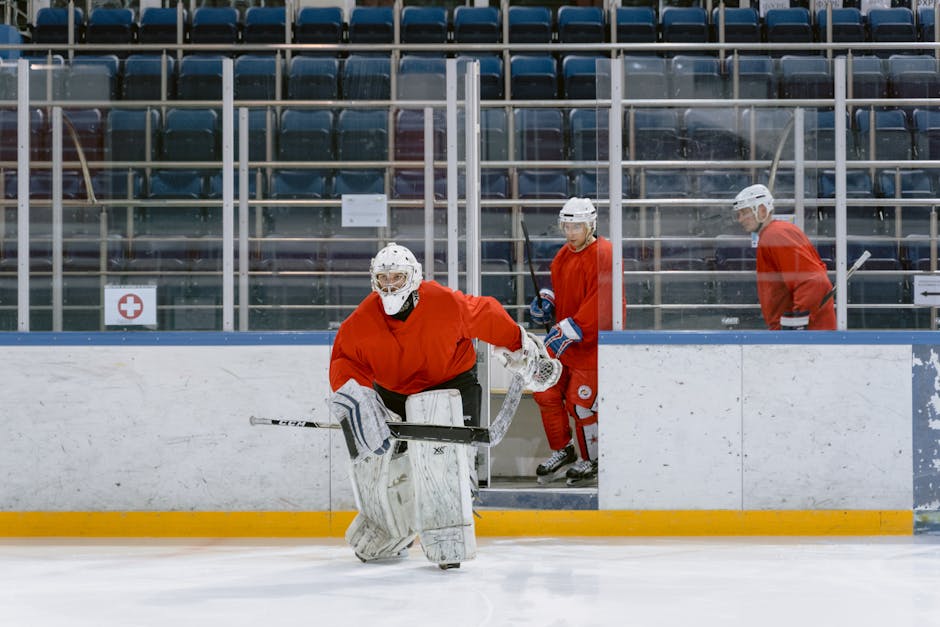
Sports scientist demonstrating pre-cooling protocol with ice towels and hydration for athlete before warm-up
Third Major Topic: Real-World Hydration Insights and Future Trends in Athlete Health
Real-world hydration insights combine case studies, technology adoption and evolving sports drink formulations to inform future athlete health strategies. Teams that prioritize hydration monitoring and apply individualized protocols demonstrate fewer heat illnesses, improved recovery metrics and better consistency in performance across competitive seasons. Emerging research focuses on sweat composition profiling, low-sodium risk management and integrating wearable analytics into daily workflows. Collaboration between sports medicine, strength staff and nutritionists yields practical guidelines that teams can implement quickly, supported by targeted surveys to track adherence and outcomes. These real-world lessons guide product selection, from sports drinks with optimized electrolytes to recovery beverages that support nutrient absorption and muscle repair. As scientific understanding advances, implementation will increasingly rely on data-driven personalization to sustain athlete performance and reduce injury risk.

Sports lab meeting where coaches, medical staff and scientists review athlete hydration data dashboards
Revolutionary Case Studies: Proven Benefits of Hydration for Athletes
Case studies from collegiate programs show clear benefits when structured hydration becomes standard practice: reduced incidence of heat-related illness, better repeat sprint ability, and faster recovery after tournaments. Programs that used sweat testing to tailor electrolyte replacement and integrated Sports Drinks selectively during prolonged effort reported measurable improvements in time-trial performance and lower perceived exertion. Specific examples include track teams that optimized pre-race hydration and saw improvements in aerobic endurance exercise outcomes, and football squads that reduced cramping with sodium-focused rehydration protocols. Documenting these wins through surveys and performance tracking helps scale best practices across teams and seasons, making hydration a strategic performance lever.
Montage of collegiate athletes before-and-after implementing hydration protocol with performance metrics overlay
Best Practices: Preventing Dehydration and Maintaining Energy for Athletes
Success stories highlight practical steps that collegiate athletes and staff took to achieve peak performance: instituting routine weigh-ins, customizing electrolyte mixes for salty sweat individuals, and introducing sports hydration education across squads. One university program reported reductions in muscle fatigue and quicker recovery times by aligning sports drinks timing with training intensity and implementing post-practice protein and fluid recovery meals. Coaches observed improved consistency in training outputs and fewer heat-related performance dips during tournament stretches. These case-based interventions illustrate how measurable changes in hydrating behaviors translate into improved athletic performance and fewer injuries across competitive cycles.
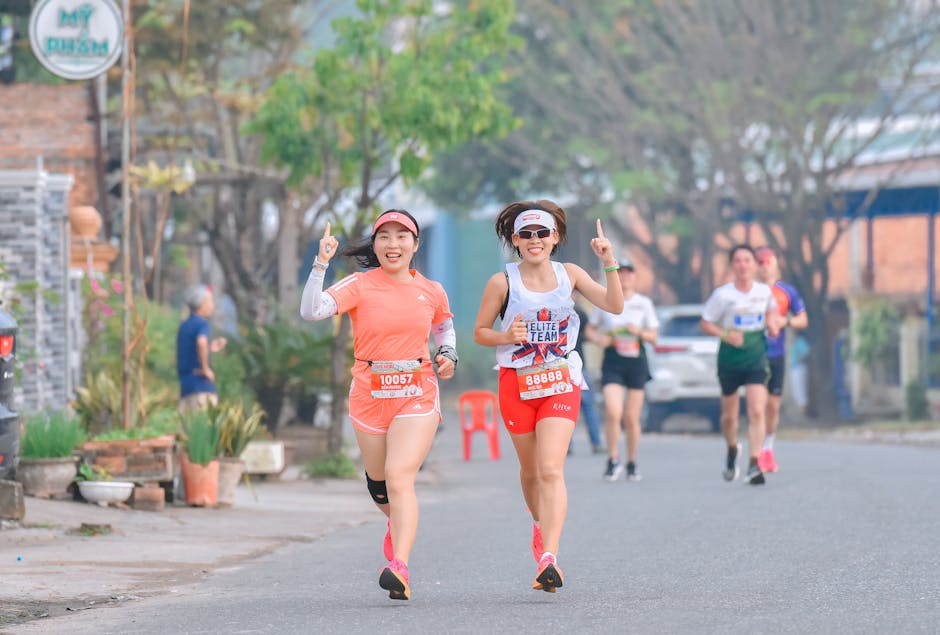
Collage of collegiate athletes celebrating improved results with hydration protocol visible in background
Second Major Topic: Strategic Exercise Hydration and Choosing the Right Sports Drink
Lessons learned from youth programs emphasize prevention: simple monitoring, scheduled drinks, and education for athletes and caregivers effectively avoid dehydration nutrient loss. Programs that replaced high-sugar habitual beverages with water for routine practices and reserved sports drinks for long exertion preserved dental and metabolic health while ensuring electrolyte needs were met when necessary. Implementing short surveys and checklists helped identify at-risk athletes and tailor interventions quickly. These practical lessons reduce injury risk, improve daily training quality and instill hydration habits that support lifelong athletic engagement.

Youth sports program poster teaching hydration habits with colorful checklist and beverage options
Future Trends: Pioneering Hydration Approaches and Research Sections
Future trends in athlete hydration point toward precision hydration driven by sweat biomarker analysis, wearable monitoring and AI-driven recommendations. Research is exploring formulations that optimize electrolyte balance while minimizing excess sugars, and recovery products that enhance nutrient absorption and protein production. Integration with sports medicine and Surgical Care Access frameworks ensures medical oversight, especially for athletes with specific health considerations. Data from longitudinal surveys and performance analytics will enable predictive models for hydration needs across competition cycles and travel demands. These innovations aim to reduce heat-related illnesses, optimize physical performance and shorten recovery time, making hydration management a dynamic, evolving component of athlete health.

Researcher calibrating wearable sensor array for sweat biomarker analysis in sports science lab
Emerging Developments: The Next Generation of Sports Drinks for Athletes
Emerging sports drink developments focus on tailored electrolyte ratios, lower sugar alternatives and inclusion of recovery-enhancing nutrients to support rapid protein production and nutrient transport. New formulations aim to address salty sweat profiles, maintain electrolyte balance, and limit caloric load while preserving performance benefits in aerobic endurance exercise and strength power exercise scenarios. Industry collaborations with academic centers and sports medicine researchers are refining concentrations for optimal electrolyte replenishment without risking low blood sodium. These next-generation products are evaluated through surveys, field trials and performance testing to determine effectiveness across athlete populations.

Array of prototype sports drinks with nutrient labels and lab test data on table
Implementation Guide: A Step-by-Step Approach Hydration for Aerobic Endurance Exercise
Bold predictions suggest hydration extension will become a predictive, integrated service offering within athlete support teams, combining continuous monitoring, personalized fluid algorithms and on-demand nutrition delivery. Advances in electrolyte personalization, coupled with mobile decision-support tools, will help teams minimize injury risk, fine-tune competition readiness and reduce heat illness prevalence. Collaboration across sports medicine, nutrition and technology sectors will accelerate adoption, with data from surveys and longitudinal studies informing evidence-based policy for athletic programs. These changes will elevate athletic performance by ensuring athletes maintain optimal hydration and electrolyte balance during intense travel schedules and competition cycles.
Futuristic training center with hydration analytics displayed on large interactive screens for coaching staff
Step-by-Step Process: Effective Hydration Timing and Fluid Intake
Sustained excellence requires embedding hydration into daily routines and long-term athlete development models; consistent attention to hydration preserves joint lubrication, supports nutrient transport and reduces injury risk across an athletic career. Educating athletes about recognizing dehydration symptoms, balancing electrolytes and using sports hydration tools promotes peak performance and safer training environments. Programs that integrate hydration into athlete monitoring, recovery nutrition and travel planning see sustained improvements in physical performance and reduced incidence of heat-related illnesses. Encouraging lifelong habits in young athletes supports future collegiate success and beyond by maintaining musculoskeletal health and efficient metabolic processes.
Veteran athlete and young trainee sharing hydration routine during off-season conditioning session
Summarizing Key Insights: The Indispensable Role of Hydration for Athletes
Summarizing key insights underscores hydration as indispensable for athletic success: it influences circulation, oxygen delivery, metabolic processes and muscle function, all of which contribute to athlete performance. Consistent hydration strategies—pre-, during- and post-exercise—combined with targeted electrolyte replacement and appropriate use of Sports Drinks reduce dehydration, muscle fatigue and injury risk. Programs that use objective measures like sweat testing and regular surveys adapt protocols to athlete-specific sweat rates and salty sweat tendencies. Educational outreach to athletes, parents and staff fosters adherence, while collaboration with sports medicine and strength professionals ensures medical oversight. Implementing these practices enhances recovery, shortens downtime after intense efforts and supports peak performance across training cycles.

Summary infographic showing hydration’s physiological benefits and practical steps for athletes and coaches
Crucial Final Thoughts on Athlete Hydration: Protecting Young Athletes and Collegiate Athletes
Crucial final thoughts emphasize proactive hydration planning to protect young athletes and collegiate athletes from avoidable performance losses and heat-related conditions. Early identification of dehydration through symptom awareness and routine monitoring reduces injury risk and preserves long-term musculoskeletal health. Collaboration among coaches, sports medicine staff, and nutritionists tailors interventions to individual needs, travel demands and competition cycles. Embedding hydration checks into daily practice routines, using surveys to capture adherence and monitoring performance outcomes create a culture where hydration supports not only immediate athlete performance but also career longevity and health.

Team medical staff conducting hydration education session with athletes and coaches in locker room
Common Challenges: Overcoming Thirst and Dehydration for Children's Health
Your next move should be to adopt measurable hydration practices: implement sweat testing, schedule routine weigh-ins, create individualized fluid plans and educate athletes on dehydration symptoms. Prioritize integrating sports hydration into your strength and conditioning sessions, competition plans and travel logistics to protect performance and reduce injury risk. Use available resources and case studies to guide protocol development, and consider piloting next-generation sports drinks and wearable monitoring in a controlled group to evaluate impact. Establishing simple surveys and tracking tools will reveal trends and enable iterative improvements that lead to sustained athlete Hydration and superior athletic performance.
Coach distributing action plan checklist to team with hydration and travel items neatly organized
Advanced Techniques: Mastering Sports Hydration for Peak Sport Performance
Beyond basic recommendations, elevate your hydration approach by leveraging technology, conducting periodic lab analyses, and integrating hydration metrics into athlete performance dashboards. Refine electrolyte replacement for individuals with salty sweat and tailor carbohydrate timing for training blocks that include both strength power exercise and aerobic endurance exercise. Collaborate with sports medicine and nutrition professionals to incorporate evidence-based updates from institutions like the NSCA and Mayo Clinic, and use surveys to monitor athlete adherence and outcomes. These strategic steps improve recovery, reduce injury risk and enhance long-term athletic performance.
Sports technologist updating athlete dashboard with hydration analytics and recommendations during practice
Expand Your Knowledge: Additional Resources for Optimal Sports Hydration and Athletic Performance
To expand your knowledge, consult interdisciplinary resources spanning sports medicine, exercise nutrition and applied performance science. Peer-reviewed research, consensus statements and practical guides from institutions such as Johns Hopkins University, NSCA Sport and Exercise Nutrition groups provide tested recommendations for fluid electrolyte balance, preventing dehydration and optimizing recovery. Practical developer and technical resources can help teams adopt monitoring tools and analytics; for implementation guides and technical integration insights review Developer blog on sports science which explains data workflows, wearable integration and best practices for applying hydration analytics in team environments. Combining clinical guidance, field-tested case studies and technological tools equips teams to protect health, reduce injury and achieve peak athletic performance.
Table of curated resource links including academic, clinical and technical references for sports hydration









